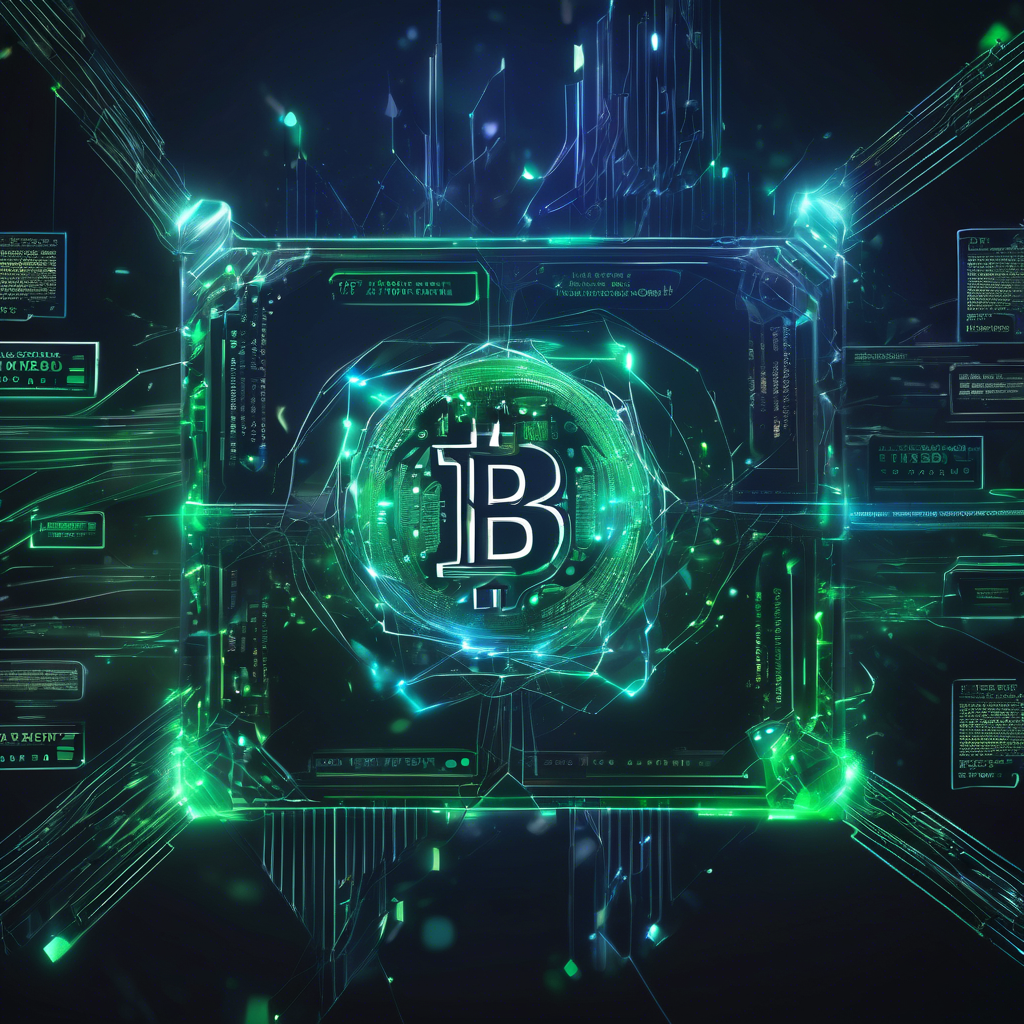Blockchain Revolutionizing Digital Identity Management for Enhanced Security and Privacy

In today's rapidly evolving digital landscape, managing digital identities has become a critical concern due to the surge in online activities and increasing vulnerability of personal data to breaches and unauthorized access. Frequent data breaches and identity theft incidents have alarmed consumers, businesses, and security experts, underscoring the need for more secure methods to protect personal information. Traditional digital identity systems rely on centralized authorities to verify and control user data, but this centralized model presents inherent risks—a single point of failure can compromise data on a massive scale, endangering millions of users. Consequently, there is growing demand for innovative solutions that enhance security, improve privacy, and empower individuals to control their digital identities. Blockchain technology, with its decentralized and immutable ledger, has emerged as a promising solution to these challenges. By distributing digital identity information across a network of nodes rather than a central authority, blockchain eliminates vulnerable targets for cyberattacks. This decentralized structure greatly enhances security by making data tampering virtually impossible and reducing unauthorized access risks. A major advantage of blockchain-based identity management is that it allows users direct control over who can access their personal data. Instead of relying on third parties, individuals can grant or revoke data-sharing permissions using blockchain’s secure cryptographic mechanisms, thus increasing privacy and ensuring data is shared only on a need-to-know basis. Moreover, blockchain facilitates self-sovereign identities, enabling users to own and manage their digital credentials independently of centralized institutions. This approach aligns with principles of data minimization and user consent, essential for complying with privacy regulations like the General Data Protection Regulation (GDPR). Several startups have recognized blockchain’s potential in this arena and are developing platforms for secure identity verification, credential issuance, and data sharing powered by blockchain technology.
These efforts represent a broader industry shift toward more secure, user-centric digital identity models. For example, some startups are creating decentralized identity wallets where users can store verifiable credentials related to education, employment, and other personal data. Users can selectively share these credentials with service providers to facilitate secure onboarding without compromising privacy. Other companies focus on integrating blockchain-based identity verification within sectors such as healthcare, finance, and government services, where security and privacy are critical. Adopting blockchain for digital identity management offers benefits beyond enhanced security and privacy; it can streamline verification processes, reduce administrative costs, and foster greater trust between users and service providers. Additionally, blockchain solutions help mitigate identity theft and fraud, contributing to safer online interactions and transactions. However, challenges remain in implementing blockchain-based digital identity systems. Technical issues like scalability, interoperability, and user experience need resolution for widespread adoption. Regulatory frameworks must also evolve to accommodate decentralized identity models while ensuring compliance with existing data protection laws. Industry collaboration is vital for success; organizations such as the Decentralized Identity Foundation (DIF) and the World Wide Web Consortium (W3C) lead standardization efforts to develop interoperable protocols that enable seamless integration across platforms and services. In conclusion, as digital interactions grow exponentially, secure and user-controlled digital identity management becomes increasingly important. Blockchain technology offers a compelling decentralized solution that strengthens privacy protections. The ongoing initiatives by startups and industry groups to develop and standardize blockchain-based identity systems mark a significant advance toward a future where individuals have greater sovereignty over their personal information and digital identity risks are substantially reduced. This transformative shift holds the potential to revolutionize global digital identity management, fostering a safer, more private, and user-empowered digital ecosystem.
Brief news summary
In the digital era, managing digital identities is vital amid increasing online activity and cyber threats. Traditional centralized systems risk single points of failure, while blockchain offers a decentralized, secure alternative by storing identity data on tamper-resistant distributed ledgers, reducing unauthorized access. This empowers users to control their personal data through cryptographic permissions and supports self-sovereign identities compliant with privacy laws like GDPR. Innovative startups are creating blockchain-based platforms and digital identity wallets that securely hold credentials and enable selective data sharing, improving privacy and simplifying verification in sectors such as healthcare and finance. Although blockchain enhances security, trust, and efficiency, challenges remain in scalability, interoperability, and regulatory adherence. Broad adoption requires cross-industry cooperation and standard-setting. Ultimately, blockchain has the potential to transform digital identity management, enabling a safer, user-centric, and privacy-respecting global online environment.
AI-powered Lead Generation in Social Media
and Search Engines
Let AI take control and automatically generate leads for you!

I'm your Content Manager, ready to handle your first test assignment
Learn how AI can help your business.
Let’s talk!

Ethena Debuts On TON Blockchain, Stablecoin Savin…
Key Takeaways Ethena’s stablecoin USDe and its staked version tsUSDe are now live on the TON blockchain

Gulf States Invest Heavily to Become AI Superpowe…
Saudi Arabia and the United Arab Emirates (UAE) are making major advances in artificial intelligence (AI) as part of efforts to diversify their economies beyond oil dependency.

AI in Retail: Enhancing Customer Experience
Artificial intelligence (AI) is transforming the retail industry by fundamentally altering how businesses engage with customers and manage their operations.

Telegram Bonds Go Blockchain with $500M Tokenized…
Telegram, renowned for its encrypted messaging platform, has made a pioneering entry into finance by launching a $500 million tokenized bond fund.

AI in Education: Personalized Learning at Scale
Artificial intelligence is transforming education by enabling personalized learning experiences tailored to each student's unique needs.

AI-Powered Drug Discovery: A Breakthrough in Pers…
In a groundbreaking advancement set to transform healthcare, scientists have developed an advanced artificial intelligence (AI) system that predicts drug compound efficacy with exceptional accuracy.

AI Job Cuts Jump the Gun
Many companies are rapidly moving to replace human workers with artificial intelligence (AI), betting on swift technological progress to justify early layoffs.

 Auto-Filling SEO Website as a Gift
Auto-Filling SEO Website as a Gift








 Auto-Filling SEO Website as a Gift
Auto-Filling SEO Website as a Gift

